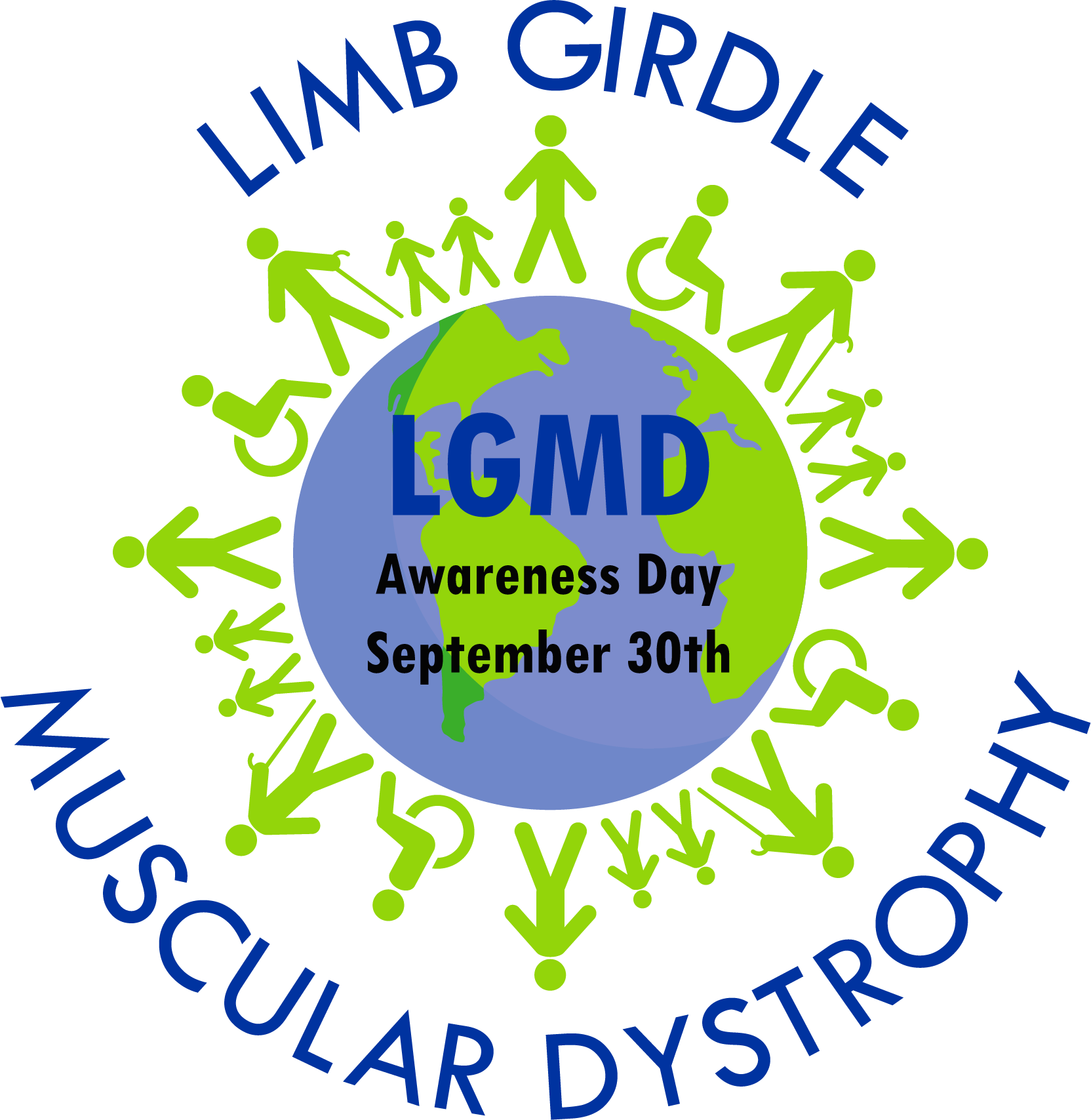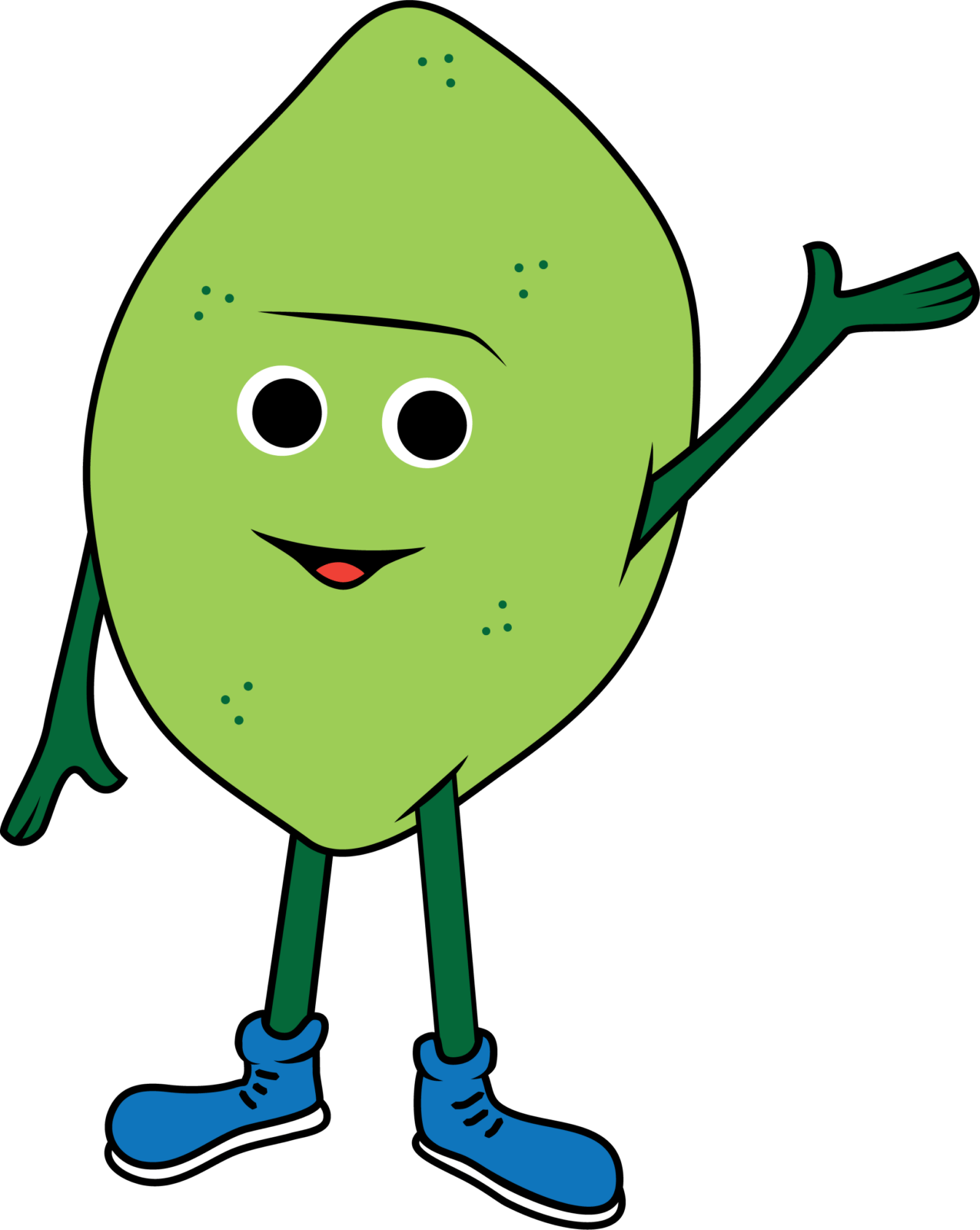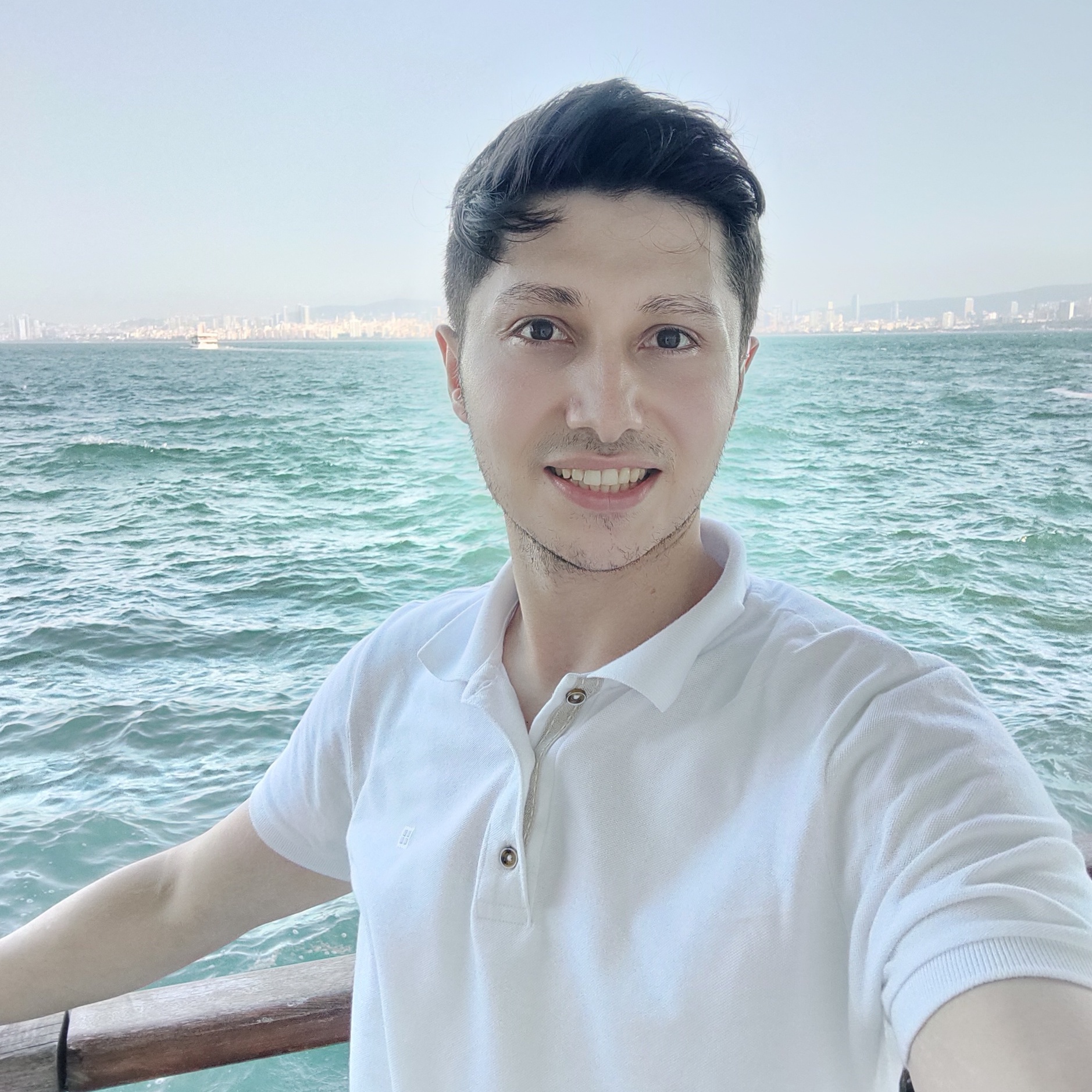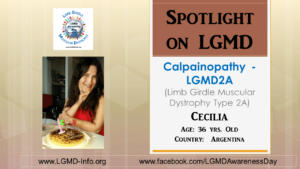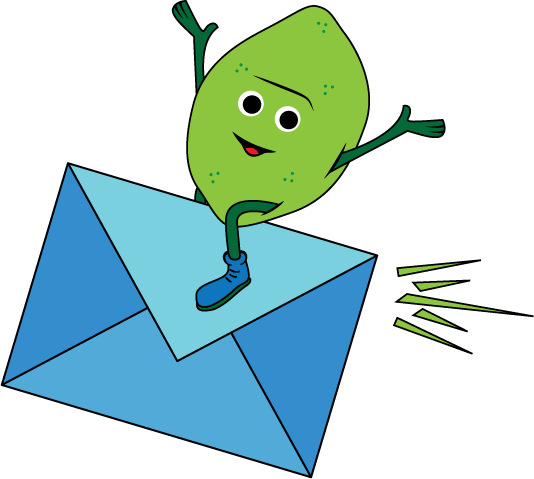INDIVIDUELLE AVEC LGMD : Cecilia
LGMD Spotlight Interview
Pays : Argentina
LGMD Sous-type : LGMD2A/Calpainopathy
A quel âge avez-vous été diagnostiqué ?
I was diagnosed when I was 12 years old.
Quels ont été vos premiers symptômes ?
I began walking on my toes. Also, from the time I was little, my mother noticed I had delayed reactions, for example in chasing a ball.
Avez-vous d'autres membres de votre famille qui sont atteints de LGMD ?
Non, je suis le seul de ma famille à être atteint de LGMD.
Quels sont, selon vous, les plus grands défis à relever pour vivre avec le LGMD ?
The biggest challenge was getting accustomed to the first changes, the first things that I became unable to do: for example, climb stairs and get up from the floor. At a more advanced stage, coming up with strategies to be able to get up from the bed, from a chair, etc. and then, mourning the loss of walking ability and beginning to use a wheelchair or scooter part-time or full-time.
Also, it was a challenge to find balance and know the limits of my body. Knowing how far I could go without exhausting myself; deciding what to do myself and when to ask for help.
The good thing is that I learned to accept changes, to be clever and creative, and to think of solutions to do thing in other ways, and to look for alternatives.
Quelle est votre plus grande réussite ?
My biggest accomplishment is that I’ve always achieved what I wanted, and I continue to do so. My family deserves a lot of credit for that, they always taught me that the disease isn’t a barrier or an excuse, that everything is possible if one can “find a way”, that there is an alternative path, which may have obstacles, but which will lead us to our goal.
Comment le LGMD vous a-t-il influencé pour que vous deveniez la personne que vous êtes aujourd'hui ?
If I didn’t have this disease I wouldn’t be the person I am. The challenges made me grow and become strong. I don’t deny what I can’t do and the circumstances that affect me. I developed the ability to confront with a positive attitude the changes that occur. I know that in some way things always work out.
This has influenced my professional career and the field that I chose to work in. I work in non-governmental organizations on behalf of the rights of people with disabilities, especially where physical accessibility is concerned. Also, here in Argentina, I’m part of the Muscular Dystrophy Association, and write articles giving encouragement to others who are experiencing situations which cause disability.
Que voulez-vous que le monde sache sur le LGMD ?
- That this disease, just like many others, doesn’t make people less than others.
- To shoot down myths, such as that we are weak and fragile.
- To move past prejudice.
- For there to be equal rights: that we can study, work, fall in love, and accomplish so many things.
I’m a person determined to live a full life. Isn’t that what everyone is looking for?
Si votre LGMD pouvait être "guérie" demain, quelle serait la première chose que vous souhaiteriez faire ?
I can imagine so many things! Nothing very special, but just to reconnect myself with my body: run, jump, climb stairs, ride a bicycle, play with my nephew on the floor, go to all the places that I couldn’t get in to.
And clearly, I would have more push to keep helping those who are still waiting for a cure! I’m a part of this.
Pour lire d'autres "LGMD Spotlight Interviews" ou pour vous porter volontaire en vue d'une prochaine interview, veuillez consulter notre site web à l'adresse suivante : https://www.lgmd-info.org/spotlight-interviews

